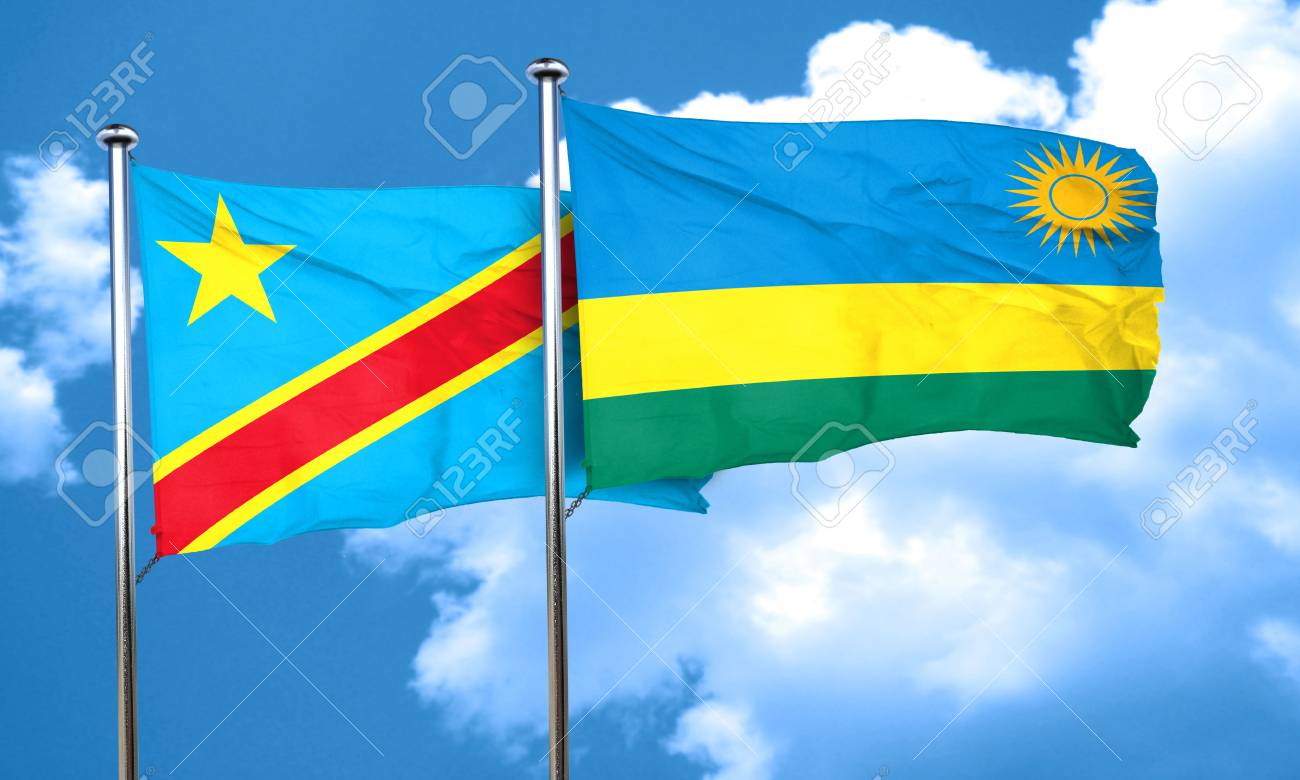Regional
Rwanda refutes UN Group of Experts report that its army is in DRC

In a statement issued on January 8, 2021, the Government of Rwanda (GoR) refuted allegations by the UN Group of Experts (GoE) midterm report, which claimed that Rwandan troops operated on the territory of the Democratic Republic of Congo (DRC). The statement further reads that, “there had been no recent Rwanda Defence Forces (RDF) joint operations with the Armed Forces of the Democratic Republic of Congo (DRC).”
Concerning the relationship between Rwanda and RDC, the statement reminded that, “Rwanda enjoys bilateral relations with DRC, and there are several existing bilateral cooperation engagements, including military cooperation. However, such cooperation is exclusively limited to intelligence sharing on various armed groups operating in Eastern DRC that are a common threat to both countries.”
The 200 page UN GoE report dated December 23, 2020, alleges that, “from late 2019 to early October 2020, members of the Rwandan Defence Forces (RDF) were present in North Kivu.” The Government of Rwanda also noted that despite granting the UN GoE access to various Government institutions and facilitated meeting with witnesses, the UN GoE report omitted key information and clarifications provided by the GoR.
The Great Lakes Eye sought views and comments from analysts on the Great Lakes region, to understand the intention of such a biased UN report. The first insight given by analysts is that in the period mentioned in the UN GoE report of the alleged citing of RDF in DRC, is a period when Rwandan rebel groups operating in Eastern DRC like FDRL, RNC, MRCD/ FLN, etc, suffered heavy losses in the battles with DRC government forces (FARDC).
“Rwandan rebel groups operating in Eastern DRC lost a number of high ranking commanders like Sylivester Mudacumura, Juvenal Musabimana, alias Jean-Micheal Africa, while others were captured live and handed over to Rwanda. Such highly successful operations are in most cases attributed to the RDF than FARDC,” an analyst who did not want his identity to be disclosed told The Great Lakes Eye.
Since President Tshisekedi came to power in January 2019, among the key security priorities and strategies on his agenda was restoring peace and security in the conflict-ridden Eastern DRC. FARDC has made several successful offensive operations against rebels operating in DRC dismantling their bases and killing many others including those belonging to the Rwandan rebel groups.
Despite the fact that UN has spent billions of dollars by sending troops to DRC since 1999, the security situation in eastern DRC has been going from bad to worse day by day. A number of resolutions were made by UN, from resolution 1279 of November 30, 1999, establishing the United Nations Organization Mission in the Democratic Republic of the Congo (MONUC). To mention a few, there was resolution 1925, of July 1, 2010, that renamed MONUC the United Nations Organization Stabilization Mission in the Democratic Republic of the Congo (MONUSCO), while resolution 2502 of December 19, 2019, extended the mandate of MONUSCO in the DRC until December 20, 2020.
Regardless of the extensions of the mandate and metamorphosis of the UN deployment in DRC from one naming to another, the presence of the UN troops in the last 20 years has been an extravagant and costly adventure that has not solved the security challenges in DRC. The MONUSCO budget between 07/2019- 06/2020 was estimated at US $ 1,086,018,600(A/RES/73/315), while in the same period the rebel groups kept increasing and raging havoc.
The mandate of MONUSCO has already expired with little achievement in the last two decades. The general feeling in DRC is that the UN forces should leave the country since the Government forces have shown capability in fighting the rebels. “Such report by the UN GoE is an indication that there are certain hands operating behind the scenes who want ‘justification’ to keep the UN troops in DRC irrespective of their failure to bring peace. To the contrary, If the RDF and FARDC work together, they know very well that the issue of rebel groups in DRC can be eliminate completely and this is the crux of the matter,” another analyst told The Great Lakes Eye reporter.
Although Rwanda has legitimate concerns of rebel groups operating in RDC with intentions of destabilizing the security of the country, including those like FDRL that committed genocide against the Tutsi in 1994, many Rwandans feel betrayed when the story is turned round to be that Rwanda is interested in exploiting DRC natural resources! Although Rwanda has over time explained the issue of minerals smuggling across borders and has on several occasions handed over to DRC authorities the smuggled and seized minerals, such evidence was ignored. “The minerals issue is an outright diversionary conspiracy,” analysts conclude.

